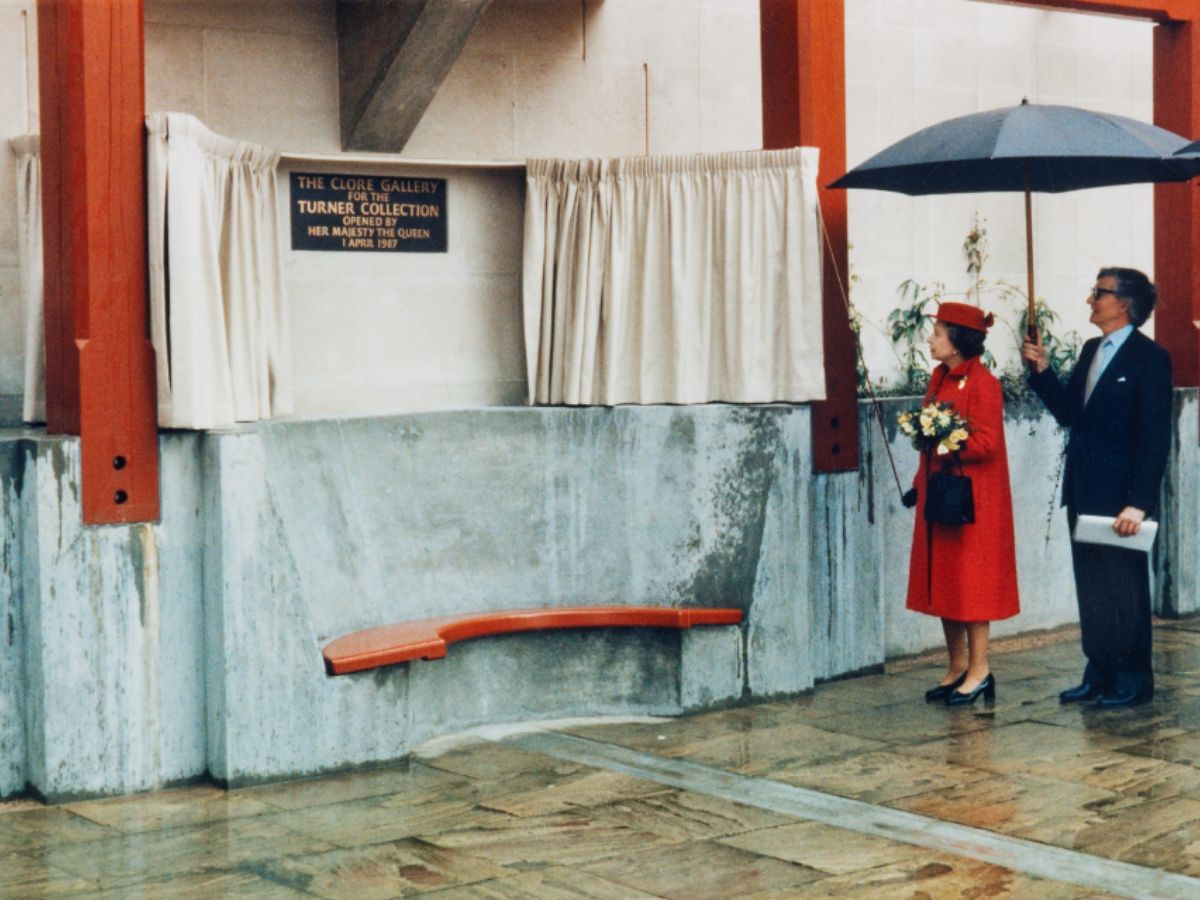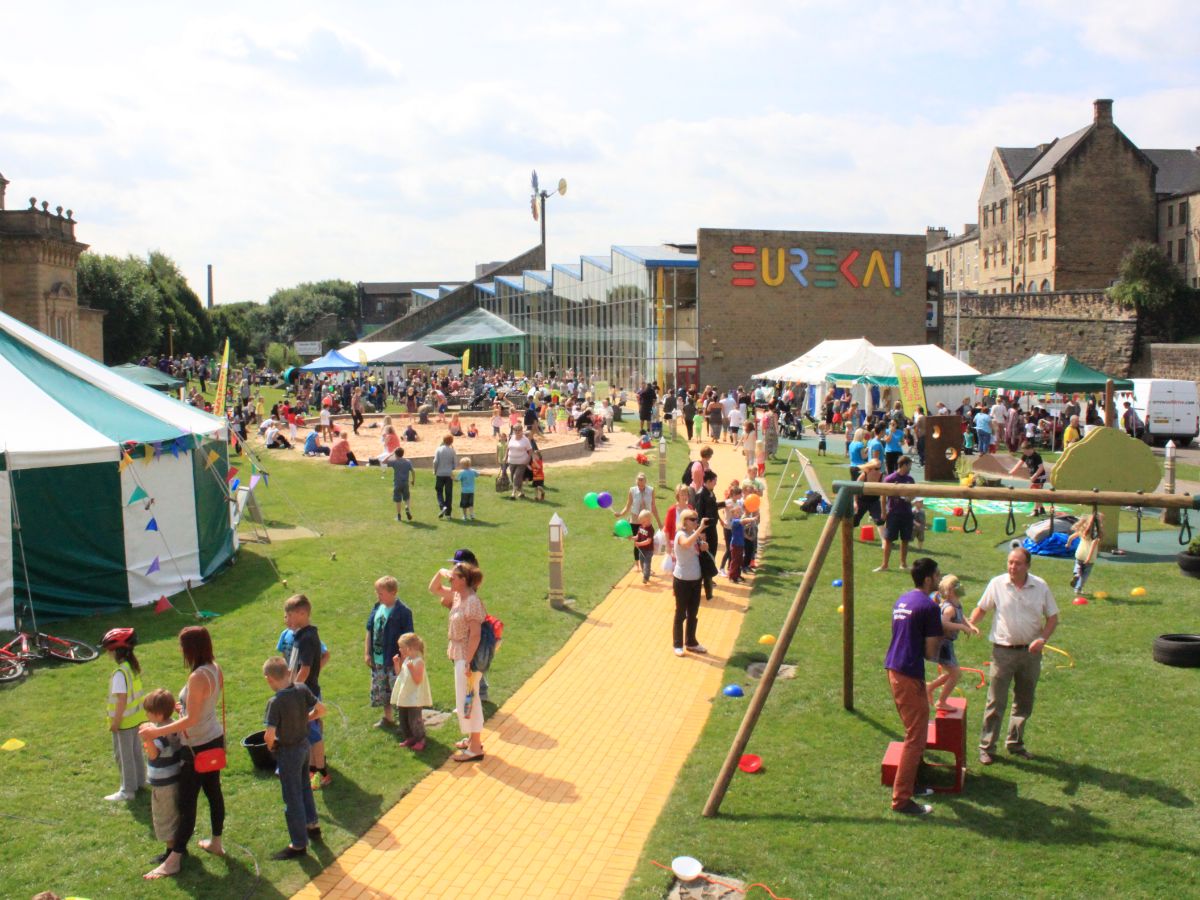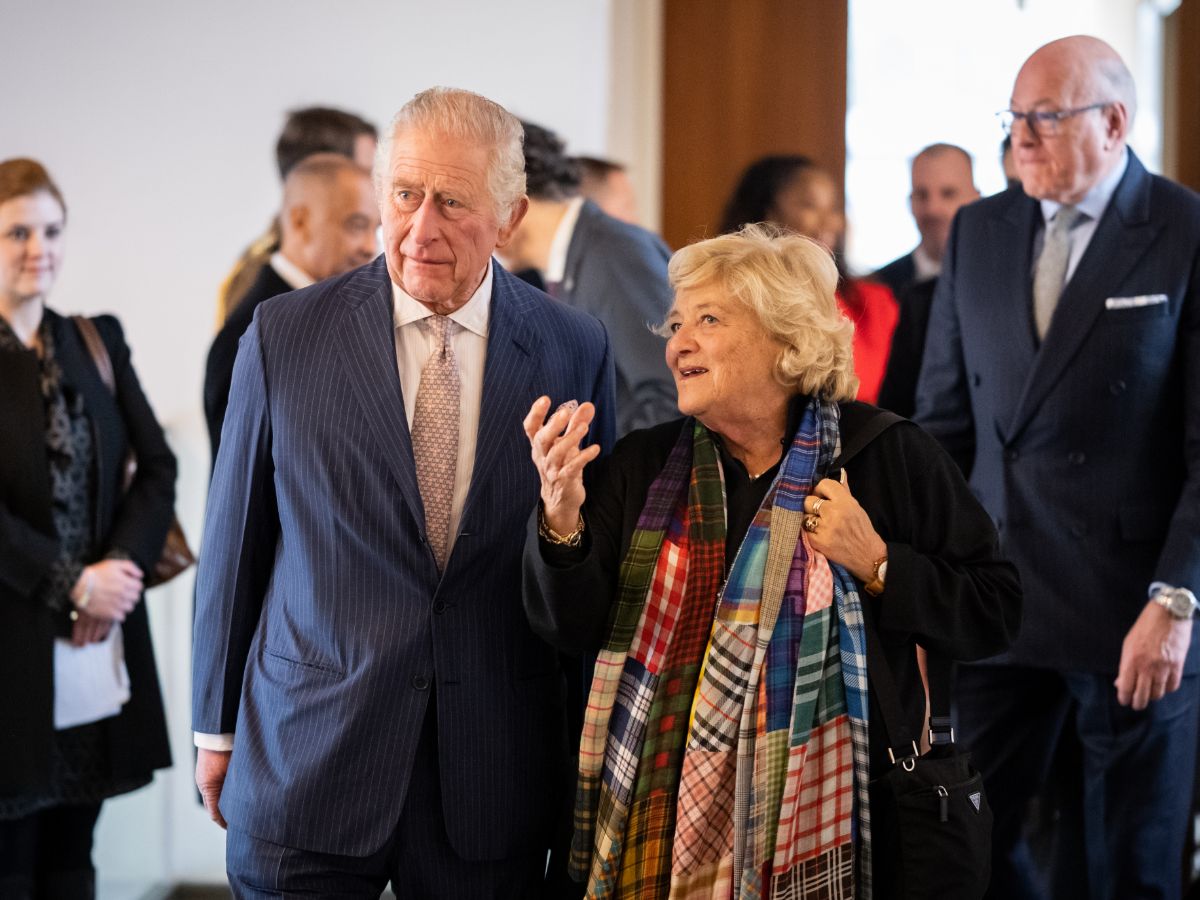The Clore Foundation was established Sir Charles Clore in 1964. Sir Charles Clore was an entrepreneur with interests in retail, shipbuilding, engineering and property and one of the most generous philanthropists of his time. He was born in Whitechapel, the son of Jewish immigrants from Riga. The family commitment to philanthropy has since been led by Dame Vivien Duffield, who merged the Clore Foundation with the Vivien Duffield Foundation to create the Clore Duffield Foundation.
The Clore Duffield Foundation has supported over 750 UK charities since it was formed in 2000, awarding grants of over nearly £110 million to enhance the arts, Jewish life, education, health and welfare. Between 1980 and 2000 the Clore Foundation and the Vivien Duffield Foundation awarded over £51 million and £15 million respectively. Major beneficiaries include Tate, the Royal Opera House, the Southbank Centre, Oxford University and the Royal College of Art, who have all been supported by the Foundation to carry out major capital projects. The Foundation has also created a number of transformative programmes and institutions, including JW3, Eureka! and the Clore Leadership Programme.
1964
Sir Charles Clore established the Clore Foundation in 1964 providing support in Israel and in the UK for hospitals, universities and cultural organisations.

1967
Sir Charles Clore’s first major gift in the UK was to London Zoo, providing the Charles Clore Pavilion for Mammals. This was followed by the Lion Terraces which opened in 1976.
1967
In the same year, Dame Vivien made her own first philanthropic gift, a donation to the Royal Ballet School to mark her 21st birthday.
1979
Vivien Duffield, daughter of Sir Charles Clore, becomes Chair of the Clore Foundation, following the death of her father.

1980
The Clore Gallery at Tate Britain was the Foundation’s first major capital project following Sir Charles Clore’s death. A donation of £6m was agreed in 1980 and the Clore Gallery opened on 1 April 1987, housing artist J.M.W Turner’s collection of nearly 300 oil paintings and around 30,000 sketches and watercolours.
1987
The Vivien Duffield Foundation is founded and, in 1988 the first proper office is opened to run both foundations. In 2000, the Clore Foundation and the Vivien Duffield Foundation merged to become the Clore Duffield Foundation.

1992
Eureka!, the first British children’s museum, conceived by Dame Vivien Duffield, opened in Halifax, Yorkshire.
1999
The Clore Museum and Galleries Awards, which distributed more than 140 awards worth a total of £1 million to support museum and gallery education projects, ran between 1999 and 2004.
1999
The Foundation launched The Artworks: Young Artists of the Year Awards which recognised and rewarded distinctive teaching in the visual arts, connecting artists with schools, benefiting around 8,000 teachers and over 500 galleries.
2000
The Clore Duffield Foundation launched the Clore Learning Spaces programme, transforming cultural learning in museums, theatres, arts and heritage organisations across the country. The programme still runs to this day, having created around 70 Clore Learning Spaces.

2003
The Clore Duffield Foundation was instrumental in founding and supporting the Clore Leadership Programme which has transformed leadership development in the cultural sector.
2005
Clore Performing Arts Awards, a small grants programme, was launched and ran until 2010. It distributed £1million to schools and cultural organisations to provide ‘exceptional experience in the performing arts’ for children and young people.
2008
The Foundation established the Clore Social Leadership Programme, applying learning from the Clore Leadership Programme to the wider charitable sector.
2011
The Clore Poetry and Literature Awards provided funding of up to £10,000 to support poetry and literature initiatives which allowed children to experience the power of great writing.

2013
JW3, a vibrant cross-communal hub for Jewish arts, culture, social action and learning was established by Dame Vivien Duffield on the Finchley Road, London.
2020
The Foundation announced a rescue package of over £2.5 million to 66 cultural organisations with Clore Learning Spaces to support their learning and community work during the pandemic. It was known as the Clore Cultural Learning Fund.